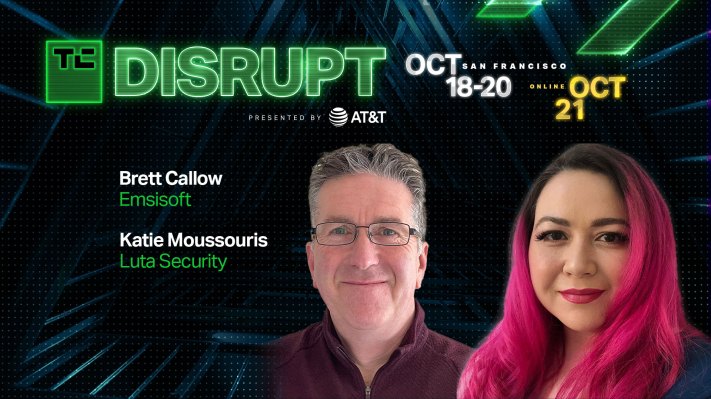Local tech firm now equipped to help businesses fight cyberattacks – News Room Guyana
Innovative IT Solutions, a local tech firm is taking steps to help businesses protect their networks against cyber threats.
With Guyana being an oil-producing nation, the company believes it is important that businesses safeguard their computer systems, networks and data against cyber threats.
In a statement, the company noted that it wants to secure a partnership with Fortinet, a global leader in cyber security solutions and services, and 3CX Voice Over IP, a leader in IP telephony communication which can be integrated into an existing network or cloud-hosted infrastructure.
Fortinet also delivers high-performance network security solutions that protect your network, users, and data from continually evolving threats.
Director for Innovative IT Solutions, Somal Sharma explained that cyber security is becoming a severe issue for individuals, companies and governments.
“When everything is on the internet, from pictures of our children to our credit card information, ensuring that our data remains safe is one of the biggest challenges of cyber security,” Sharma said in the statement.
He explained that cyber security challenges come in many forms, some of which include, ransomware, phishing attacks, malware attacks, and more.
In 2017, the Guyana National Cybersecurity Incident Response Team advised persons and businesses to protect their devices against a global ransomware attack called ‘Wanna Cry’ or ‘Wanna Decryptor’.
Several local companies were affected by ransomware, some of which were made to pay hackers in order to regain access to their data.
In 2019, Guyana Power and Light (GPL) said that it had been the victim of a cyber-attack and had also been issued a ransom demand which it rejected.
Cybersecurity is the protection to defend internet-connected devices and services from malicious attacks by hackers, spammers, and cybercriminals. Cyber threats come in the form of phishing schemes, ransomware attacks, identity theft, data breaches, and financial losses.



